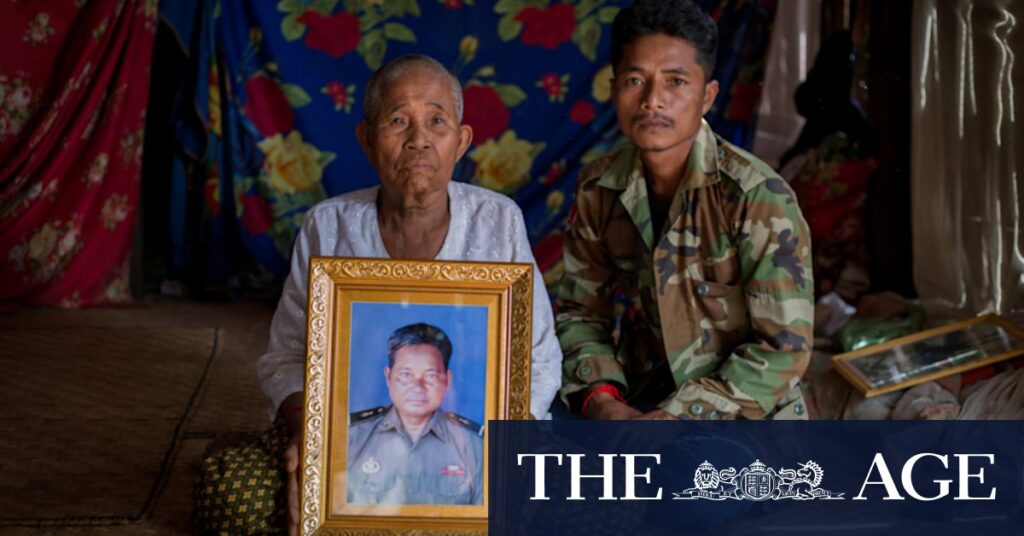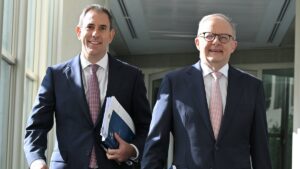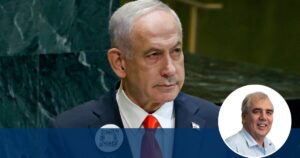
By first light on May 28, the men of Cambodia’s Battalion 395 were stirring from their remote jungle beds. Some were taking their morning coffee near a mountaintop trench, while others were pulling on uniforms. As Thai soldiers approached through the dense foliage of the Emerald Triangle, where Cambodia, Thailand, and Laos converge, a confrontation unfolded that would ripple far beyond the jungle.
The clash resulted in the death of Cambodian Second Lieutenant Suon Roun, whose family shared images of his body with this publication. The incident has ignited nationalistic fervor and political upheaval, culminating in the suspension of Thai Prime Minister Paetongtarn Shinawatra by a Thai court, pending a decision on her political future.
Border Dispute Sparks Political Turmoil
The altercation between Thai and Cambodian forces has deep historical roots, with the Emerald Triangle being a long-contested area. According to Suon Roun’s brother, Suon Eung, the Cambodian military commander on the scene described a foggy morning disrupted by unexpected gunfire from Thai troops. The exchange lasted about 20 minutes before a truce was signaled.
Thailand, however, denies initiating the conflict. Major General Winthai Suvaree, a Thai military spokesman, stated that Cambodian troops had violated existing agreements by entering disputed territory. The Thai military released aerial images purportedly showing Cambodian encroachment, a claim disputed by Cambodia.
Political Ramifications and Regional Implications
The border clash has exacerbated political tensions in Thailand, where Prime Minister Paetongtarn Shinawatra faces suspension. This political crisis occurs against the backdrop of Thailand’s strategic position between Cambodia, a close ally of China, and Myanmar, a nation in turmoil. The Shinawatra family’s influence in Thai politics is also under scrutiny, adding layers to the unfolding drama.
Meanwhile, Cambodia’s response included imposing border closures and banning Thai media, signaling the incident’s broader geopolitical significance. The situation underscores the precarious balance of power in Southeast Asia, where historical grievances often intersect with contemporary political agendas.
Personal Tragedy Amidst National Conflict
For Suon Roun’s family, the conflict is deeply personal. His mother, Em Heap, has endured the loss of eight of her twelve children, a tragic testament to Cambodia’s turbulent history. The Khmer Rouge regime and the ensuing decades of conflict have left indelible scars on families like hers.
Suon Roun, who joined the military in 1996, was known for his dedication and solitary nature. His death is a stark reminder of the human cost of political and territorial disputes. The Cambodian government posthumously promoted him to captain and provided financial support to his family, allowing them to build a new home.
Historical Context and Future Outlook
The current tensions echo past conflicts, notably the dispute over the Preah Vihear Temple, which resulted in numerous casualties and was only resolved by the International Court of Justice. Despite these resolutions, nearly 200 kilometers of borderlands remain contested, with new disputes arising over sites like the Ta Muen Thom temple.
As both nations navigate the aftermath of the recent clash, the potential for further escalation remains. The international community watches closely, aware that the stability of Southeast Asia hinges on resolving such disputes peacefully. The suspension of Paetongtarn Shinawatra adds a layer of uncertainty to Thailand’s political landscape, with implications for regional alliances and economic partnerships.
As the situation develops, the focus will be on diplomatic efforts to de-escalate tensions and address the underlying issues fueling the conflict. The world waits to see whether cooler heads will prevail or if this incident will mark the beginning of a new chapter in the region’s complex history.







